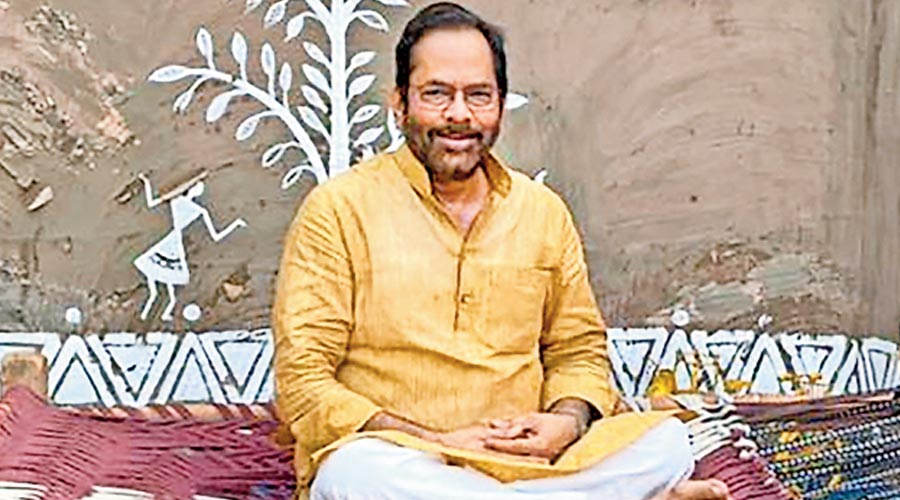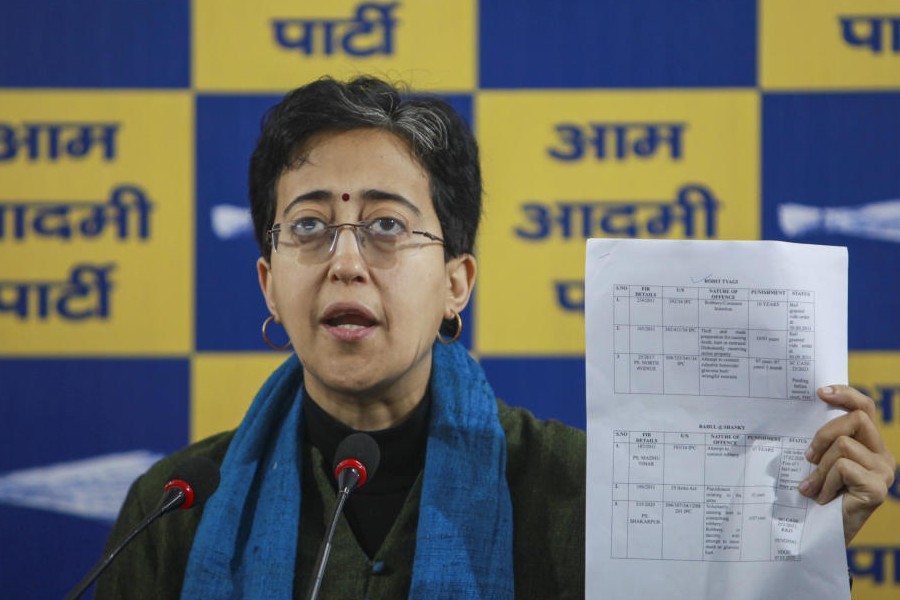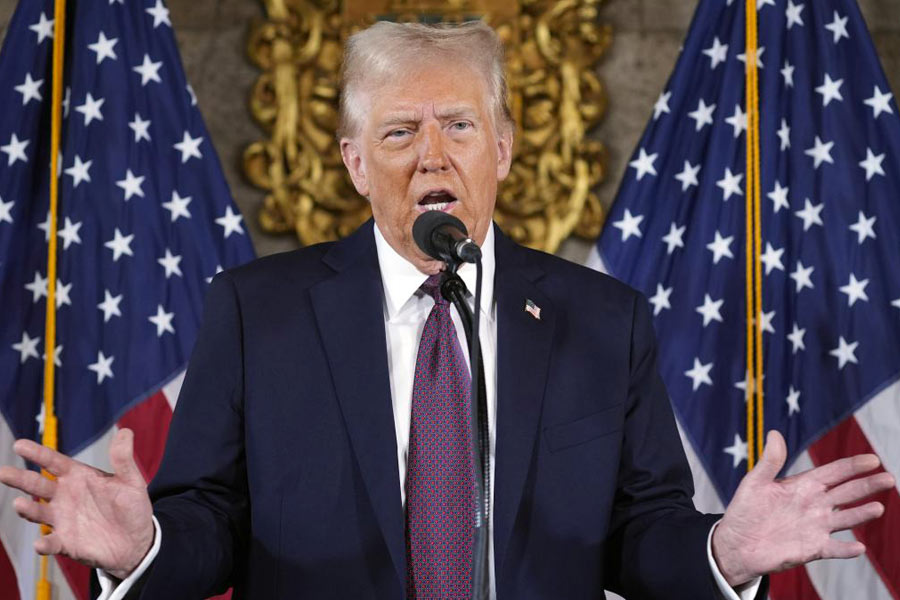The Supreme Court Monday questioned a petitioner for arguing that Hindus are not getting "minority" status in states where they are in the minority while asking whether there were any "concrete examples" to substantiate the contention.
Hearing a plea challenging a provision of the National Commission for Minorities (NCM) Act, a bench headed by Justice U U Lalit said it would deal with the issue only if a concrete case can be presented before the court.
Senior advocate Arvind Datar, appearing for the petitioner, said the general perception is that Hindus cannot be a minority.
"Unless and until we get concrete examples, we are not supposed to deal with this...," the bench, also comprising Justices S R Bhat and Sudhanshu Dhulia, said.
The bench asked is there a concrete case that because Hindus are not declared to be the minority, they are denied the benefits in states where they are in minority, like in Mizoram or Nagaland, or Kashmir.
The top court was hearing a plea filed by Mathura-resident Devkinandan Thakur challenging a provision of the NCM Act and seeking a direction to the Centre to define "minority" and lay down guidelines for the identification of minorities at the district level.
The plea, filed through advocate Ashutosh Dubey, has sought to declare the notification on the minority community, issued by the government on October 23, 1993, as arbitrary, irrational, and contrary to Articles 14, 15, 21, 29, 30 of the Constitution.
It claimed that the facts constituting the cause of action accrued on May 17, 1992, when the Act came into effect and by using unbridled power under section 2(c), the Centre arbitrarily notified five communities namely Muslims, Christians, Sikhs, Buddhists, and Parsis as a minority at the national level against the spirit of the TMA Pai ruling of the top court.
During the hearing, Datar told the bench about a plea pending in the apex court which has sought directions for framing of guidelines for the identification of minorities at the state level contending that Hindus are a minority in 10 states.
The bench, which adjourned the matter after two weeks, observed that there are linguistic minorities in every state.
The plea has said the petitioner is filing the public interest litigation (PIL) under Article 32 of the Constitution to challenge the validity of section 2(c) of the NCM Act 1992 for not only giving unbridled power to the Centre but also being manifestly arbitrary, irrational and offending Articles 14, 15, 21, 29 and 30 of the Constitution.
It has sought direction to declare that section 2(c) of the National Commission for Minorities Act is void, unconstitutional, and inoperative for being violative of Articles 14, 15, 21, 29, and 30 of the Constitution.
"Cause of action continues till date because followers of Judaism, Bahaism, and Hinduism; who are real minorities in Ladakh, Mizoram, Lakshadweep, Kashmir, Nagaland, Meghalaya, Arunachal Pradesh, Punjab, Manipur, cannot establish and administer educational institutions of their choice because of non-identification of 'minority' at the state level, thus jeopardizing their basic rights guaranteed under Article 29-30," it said.
The plea said that their right under Articles 29-30 is being siphoned off illegally to the majority community in such states because the Centre has not notified them as 'minority' under the NCM Act.
It further claimed that the Centre through the notification dated October 23, 1993, arbitrarily notified five communities as 'minority' communities without defining 'minority' and framing guidelines for identification at the state level.
"In 2014, Jains were added to the list as a sixth minority, though the three judges' bench of this court in Bal Patil Case (2005 verdict) had very categorically refused to grant minority status to Jains," the plea said.
It added that after the judgment in the TMA Pai case (2002), the legal position is very clear that the unit for determining the status of linguistic and religious minorities would be the state.
On May 10, the apex court, while hearing the pending plea filed by advocate Ashwini Kumar Upadhyay, expressed displeasure over the Centre taking different stands on the issue of identification of minorities, including Hindus, at the state level and directed it to hold consultations with the states on the issue within three months.












